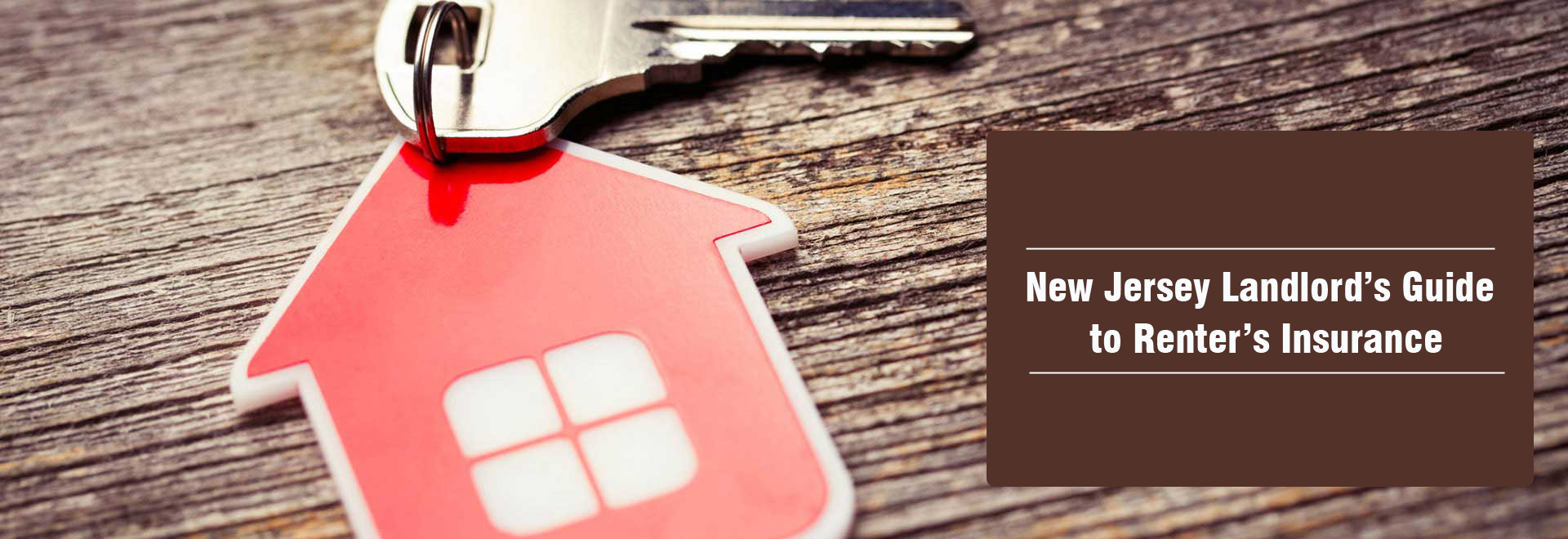How Much Does Electric Underfloor Heating Cost?
The cost of electric underfloor heating can be subdivided into three: cost of buying the associated equipment, the installation cost and the running cost.
The buying cost will mainly depend on the size of the space to be heated. The buying price will also depend on the brand and model of the heaters and the auxiliary equipment you buy. For a 120 square feet coverage, it may range between $900.00 – $1500.00 with a consumption 0f 15 Watts per square foot.
Cost of installation depends on whether you are installing it in a new building or in an existing building. It also depends on the size of the room and whether you will install it yourself or hire a company to install it. Hiring a company will cost you about $475 per day. Installing the system by your self may save on installation cost, but it is always advisable to employ a certified company for safety and quality workmanship. However, if you are patient and skilled, you may decide to save money buy installing it on your own.
Installing this system in a new building is normally cheaper and easier than installing in an existing building. This is because the necessary fittings can be integrated into your flooring plans for easy wiring and installation. Installation in an existing building is quite expensive because of the flooring work done to pave way for the wiring. Yet compared to wet underfloor heating systems, electrical system installation cost is relatively low because the flooring work involved is not very extensive.
Running costs will depend on a number of factors including room size, running time, how well the room is insulated, the cost of electricity per kilowatt hour (KWH) in your area and the desired temperature.
A big room will obviously cost …
How Much Does Electric Underfloor Heating Cost? Read More
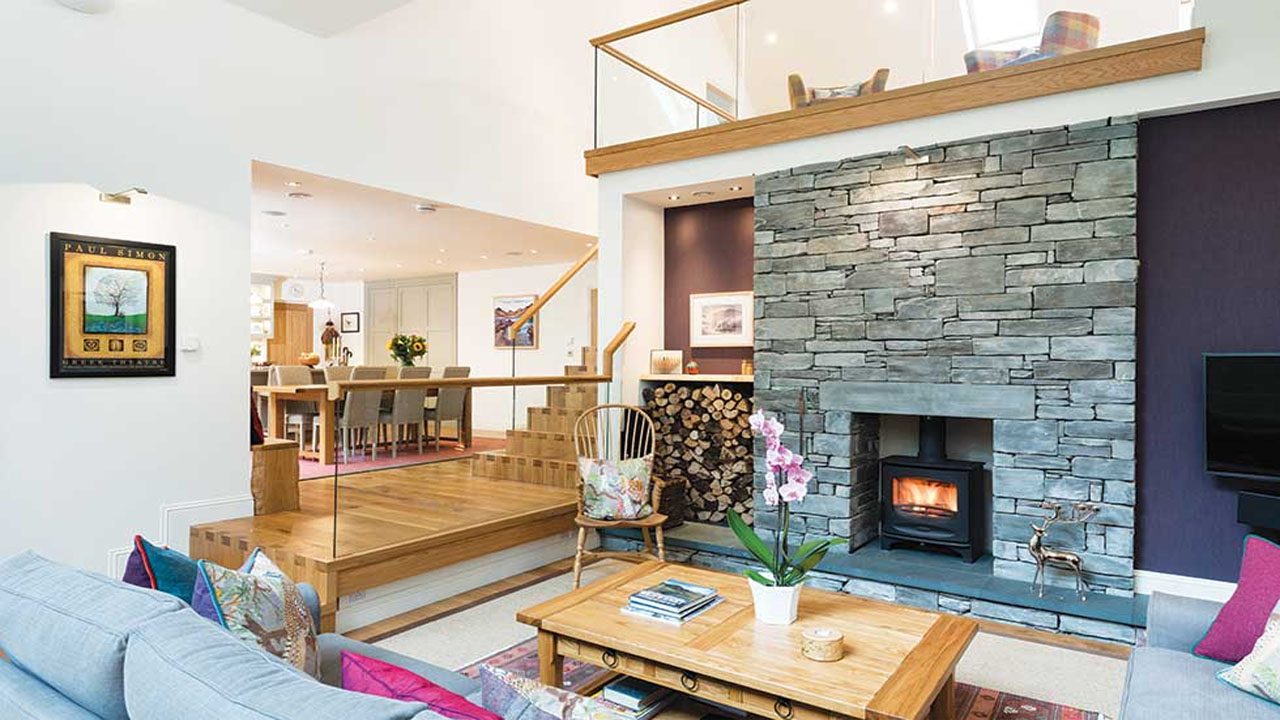
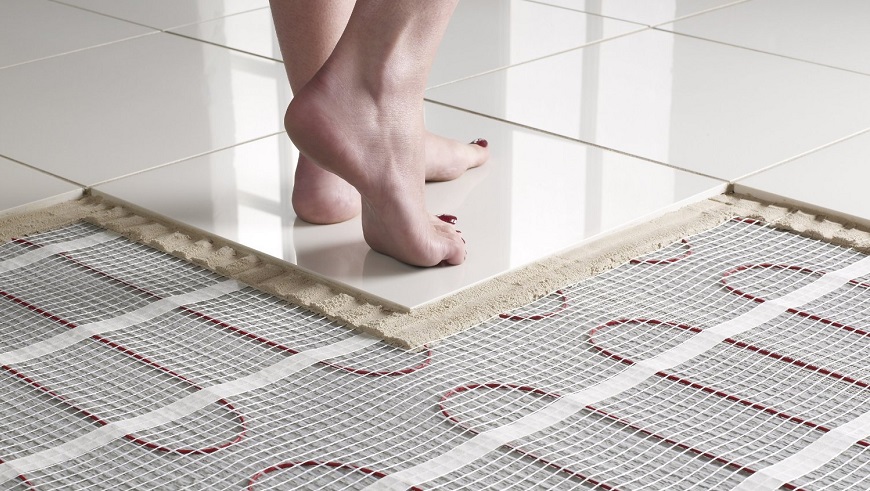
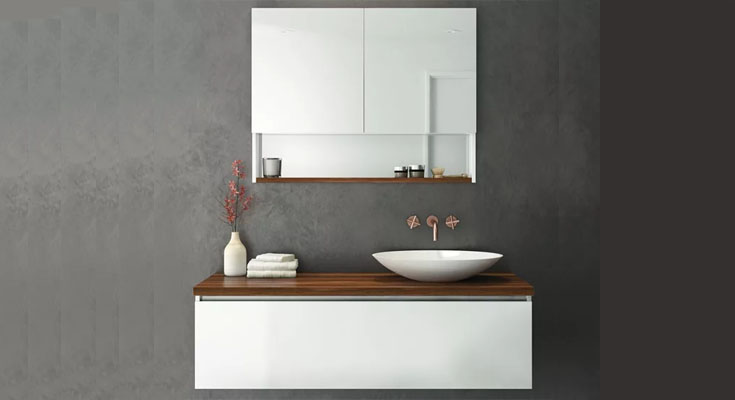
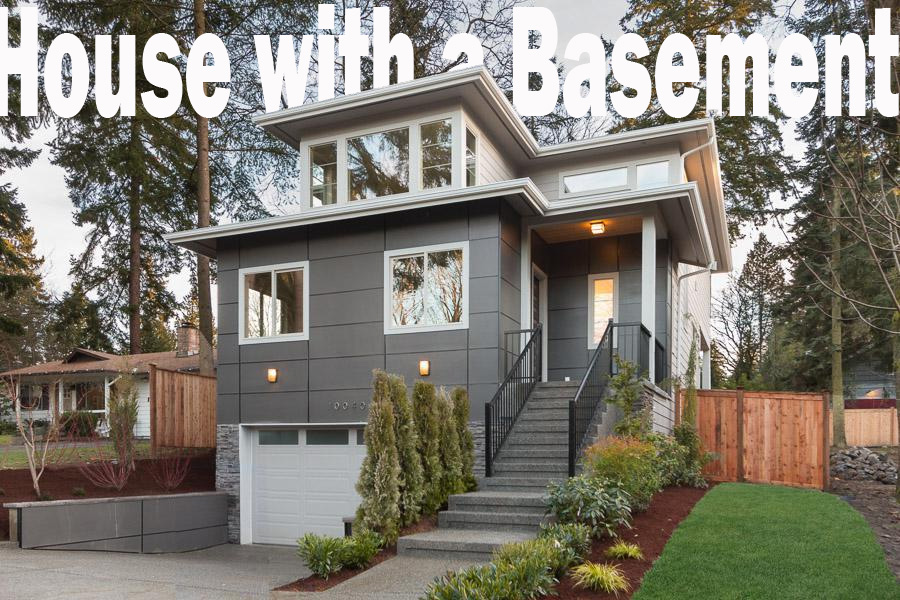 There are many decisions to make when you decide to buy a house. You have to decide on a one-story or a two-story house. You have to set a budget and try your hardest not to exceed it, not even for your dream home. Between all that, you also need to look at the basement question.
There are many decisions to make when you decide to buy a house. You have to decide on a one-story or a two-story house. You have to set a budget and try your hardest not to exceed it, not even for your dream home. Between all that, you also need to look at the basement question.
